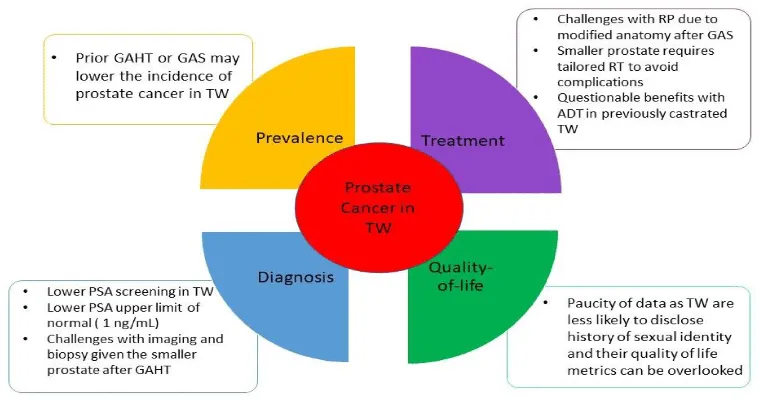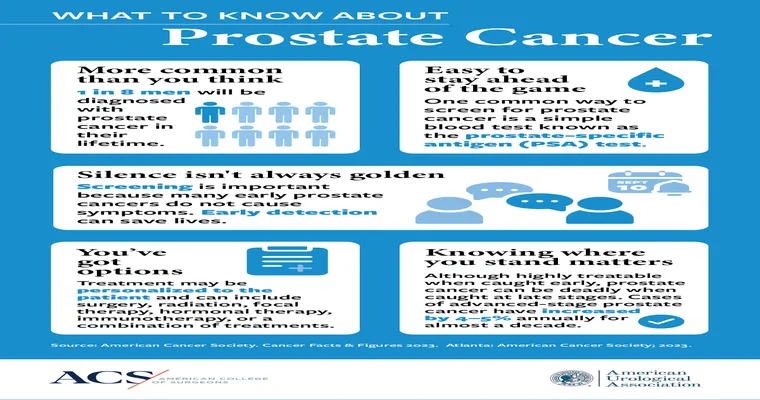Navigating the transition from "skilled nursing" to "hospice care" for a loved one can be an emotional and challenging experience. If your father is currently in skilled nursing and is moving to the hospice stage, it is essential to understand what this means and how to approach it. This article aims to provide valuable advice and insights to help you manage this transition with compassion and understanding.
Understanding Skilled Nursing and Hospice Care
First, it is crucial to differentiate between skilled nursing and hospice care. Skilled nursing facilities provide rehabilitation services and medical care for individuals recovering from illness or surgery. In contrast, hospice care focuses on providing comfort and support for patients with terminal illnesses and limited life expectancy.
When your father is moving from skilled nursing to hospice care, it typically indicates that his medical team believes he is in the later stages of his illness. This transition may prompt many questions about what to expect, how to prepare, and how to support him through this journey.
Communicate with Healthcare Professionals
As you navigate this transition, open communication with your father’s healthcare team is essential. Discuss his current condition, prognosis, and what to expect in the coming weeks or months. Ask questions about the services provided in hospice care, including pain management, emotional support, and assistance for family members.
Involve Your Father in the Process
If your father is able, involve him in discussions about his care preferences. It is crucial to understand his wishes regarding end-of-life care. This may include decisions about medical interventions, pain management, and personal preferences regarding where he wants to spend his final days. Having these conversations can provide him with a sense of control and dignity during this challenging time.
Prepare for Emotional Challenges
Transitioning to hospice care can evoke a wide range of emotions, both for your father and family members. It is essential to acknowledge these feelings and seek support when needed. Consider joining support groups or counseling services that specialize in end-of-life care. Sharing your experiences with others who are going through similar situations can be incredibly beneficial.
Focus on Comfort and Quality of Life
The primary goal of hospice care is to ensure that your father is comfortable and that his quality of life is maximized. Work closely with the hospice team to address any physical, emotional, or spiritual needs he may have. This may include pain management, therapy for anxiety or depression, and support for family members as they cope with the impending loss.
Explore Additional Resources
There are many resources available to help families during this transition. Look into local hospice organizations, online support groups, and educational materials that can provide guidance and information. These resources can help you better understand hospice care and what to expect in the coming days.
Take Care of Yourself
Caring for a loved one in hospice can be demanding, both physically and emotionally. It is crucial to prioritize your self-care during this time. Make sure you are getting enough rest, eating well, and seeking support from friends or family. Taking care of yourself will enable you to be a better advocate and support system for your father.
Conclusion
Transitioning from skilled nursing to hospice care is a significant step in your father's journey. Understanding what this change entails, communicating effectively with healthcare professionals, and focusing on comfort and quality of life can help you navigate this difficult time. Remember to seek support for yourself and cherish the moments you have with your father as you provide him with the love and care he needs.





